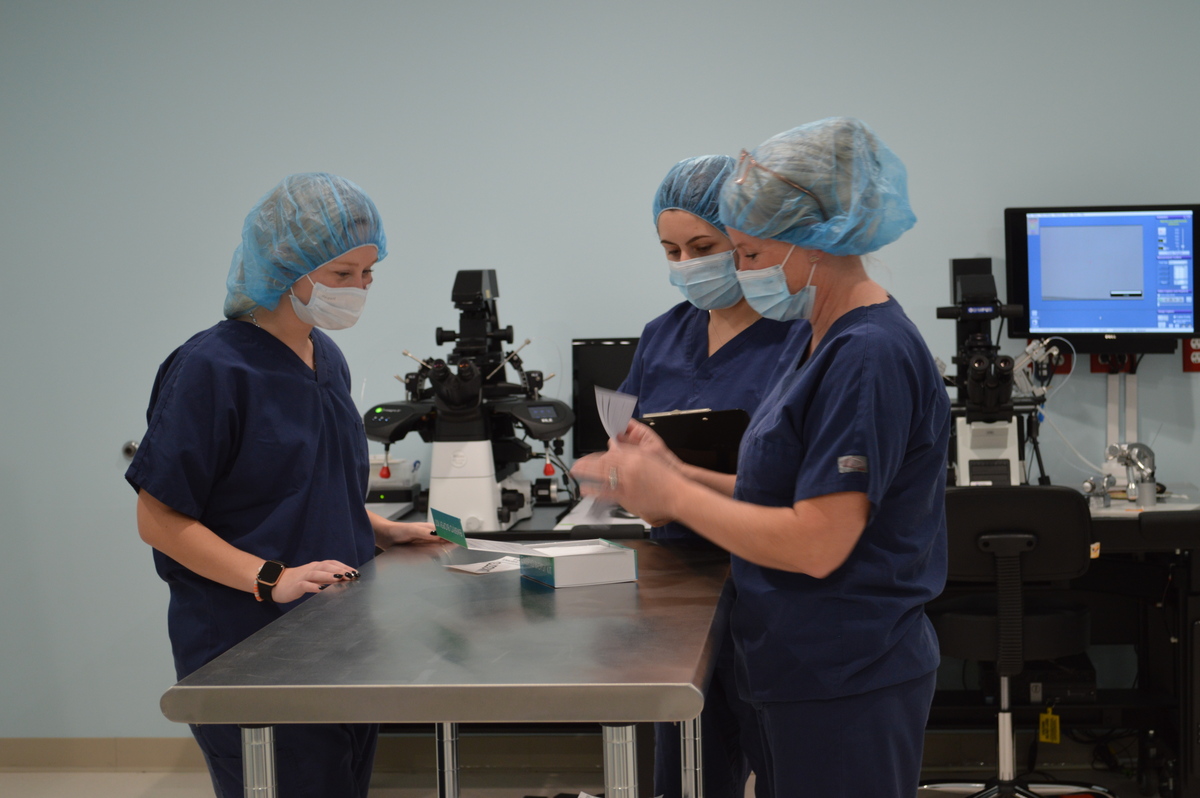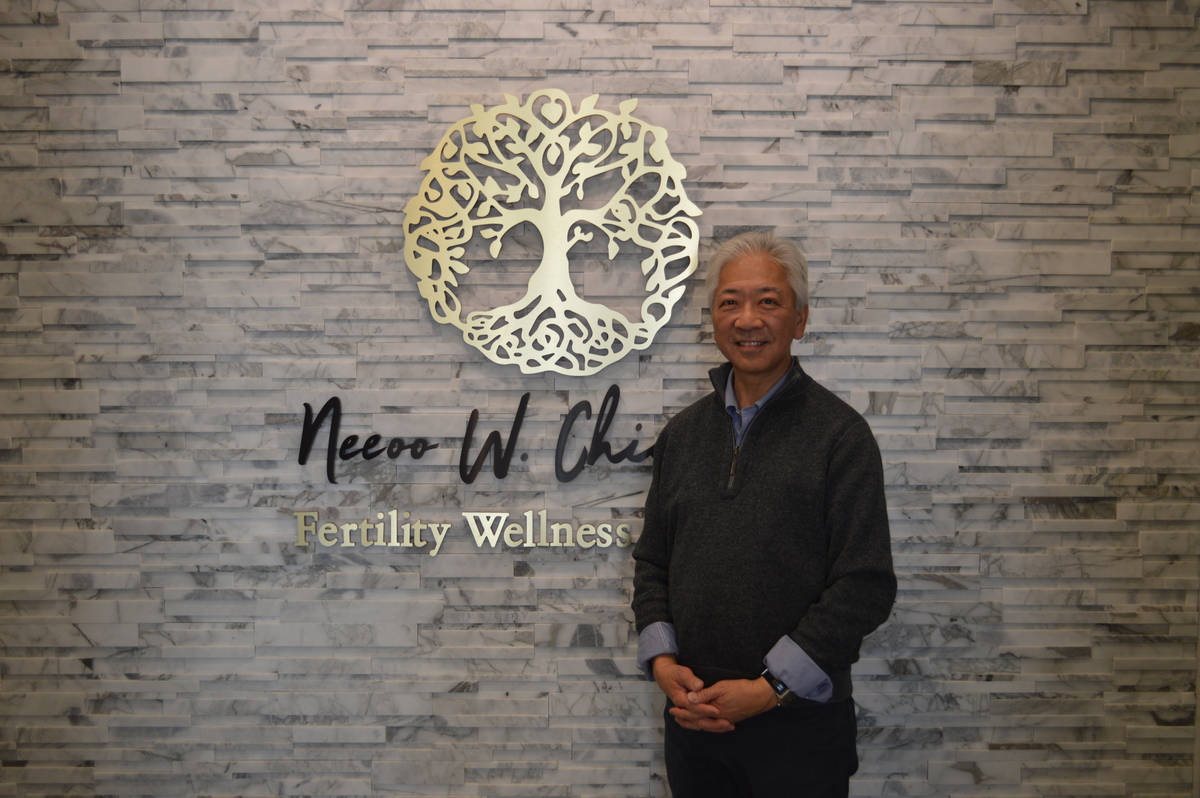What to Do When Fertility Treatments Aren't Working

If you are pursuing fertility treatment to help you start or expand your family, it can be very difficult to persevere if you have not yet had success. Visits to your fertility clinic can represent moments of hope, but if you have gone through multiple months of treatment it can feel like your fertility treatment plan is not working.
Fertility treatments often take time and multiple sessions, and it is easy to feel discouraged if things aren't going the way you had hoped. If you have not yet had success with your fertility clinic or treatment plan, you may be wondering if another fertility specialist or path of treatment is right for you.
How do you know whether you should stay the course and continue your current treatment plan, or if you should start looking for other options?
In this post, we will talk about what you should do if you feel your current fertility treatment isn't working. We will discuss the limitations of fertility clinics, some additional approaches to fertility treatment, lifestyle changes, and how you can look for different options for your fertility treatment. Keep reading to learn more!

Understanding the Limitations of Fertility Clinics
Fertility clinics, like the Fertility Wellness Institute, play a crucial role in helping individuals and couples struggling with fertility by providing access to advanced treatments and support resources. It is important to understand that while these clinics offer various treatment options, they cannot guarantee pregnancy.
Let's begin this discussion by looking at three common treatment options offered at fertility clinics including:
Intrauterine Insemination (IUI): This procedure involves placing sperm directly into the uterus to facilitate fertilization. IUI is often recommended for individuals with blockages, ovulation issues, or mild male factor infertility.
In Vitro Fertilization (IVF): IVF involves combining eggs and sperm in a laboratory and transferring the resulting embryos into the uterus. IVF is suitable for individuals with more complex fertility issues, such as blocked fallopian tubes or advanced maternal age.
INVOcell: This treatment involves placing eggs and sperm in an INVOcell device and then transferring the device into the uterus to allow for fertilization and embryo development. It is an option for individuals who prefer a more natural approach to assisted reproduction.
None of these treatments are miracle solutions or can guarantee pregnancy. It is important to understand that these fertility treatments take time and multiple cycles for the best chance of success. The right option for you depends on your body and its unique needs. If you are attempting to get pregnant with a "low-tech" option like IUI, it does not mean that a "high-tech" option like IVF will work better or even be right for you.
- If you feel that your current treatment plan is not yielding results, it is important to open a dialogue with your doctor.
- Expressing concerns and discussing potential alternative approaches or additional testing can help ensure that the treatment plan is appropriate and effective.
Collaboration and open communication with the medical team can lead to adjustments that better suit the individual's unique needs and goals. If you are not happy with your current fertility team, you can always reach out to the experts at the Fertility Wellness Institute for a second opinion or a new approach.
Medical treatment is the most effective action you can take to improve your chances of conceiving, however there are a few additional approaches you can try that will help make your chances of success even greater. We will explore a few of those approaches in the next section.
Exploring Additional Approaches to Fertility Treatment
When undergoing medical fertility treatment, it's important to explore additional approaches that can support and enhance the effectiveness of your treatment. Alongside medical interventions, focusing on emotional wellness and nutrition can be incredibly beneficial.
Emotional Wellness
Emotional hang-ups can be very difficult on our body, and they can sometimes cause a poor flow of energy, blood, and hormones to the reproductive organs. Fortunately, there are a variety of ways we can address our emotional struggles. For example, some patients seek guidance from a therapist or pursue acupuncture to achieve better emotional health.
Nutrition
Another way to help improve your chances of pregnancy is through proper nutrition. That includes getting enough of the vitamins and minerals your body needs and eating the right kinds of food. To get a better understanding of what you need in your diet, you can schedule an appointment with a nutritionist or ask your fertility specialist for their advice.
Remember that while emotional wellness and proper nutrition can help improve your chances of pregnancy, they are not guaranteed solutions. In the next section, we will look at some lifestyle changes you might consider to improve your chances of pregnancy.
Lifestyle Changes and Considering Alternative Options
Making lifestyle changes can significantly impact fertility outcomes. This could include maintaining a healthy weight, avoiding smoking and excessive alcohol consumption, and getting regular exercise. Additionally, keeping track of menstrual cycles and ovulation can improve the chances of conception. These changes can have a positive impact on fertility and overall reproductive health.
If you and your current fertility specialist have differences in philosophy or if you feel that you are not getting the best care, it may be worth considering changing to a new fertility specialist, like the team at Fertility Wellness Institute. Finding a doctor who aligns with your values and provides the support and guidance you need can make a significant difference in your fertility journey.
It is important to remember that in some cases biological reproduction is unlikely or impossible. Keep an open mind to options like adoption or foster care. Just because biological reproduction is not right for you, it doesn't mean you were not meant to be a parent. Adoption can provide the opportunity to build a family and experience the joys of parenthood, even if traditional methods of conception are not feasible.
Ultimately, considering lifestyle changes and alternative options can help individuals navigate the challenges of infertility and make informed decisions about their reproductive journey, but like other methods of encouraging pregnancy, there is nothing you can do to ensure pregnancy.

Fertility Treatment with the Fertility Wellness Institute
Fertility treatment can be a difficult and sometimes frustrating process. Results are not guaranteed, and treatments can take time to be successful. It is important that you find a fertility specialist who aligns with your values and whom you feel comfortable working with.
If you are looking for a fertility specialist in the Cincinnati area, then the team at the Fertility Wellness Institute is here for you. Led by Dr. NeeOo Chin, our team has helped thousands of couples become parents.
To book an appointment at the Fertility Wellness Institute, click here now!
Follow the Fertility Wellness Institute of Ohio on Facebook, Instagram, X, and LinkedIn!

